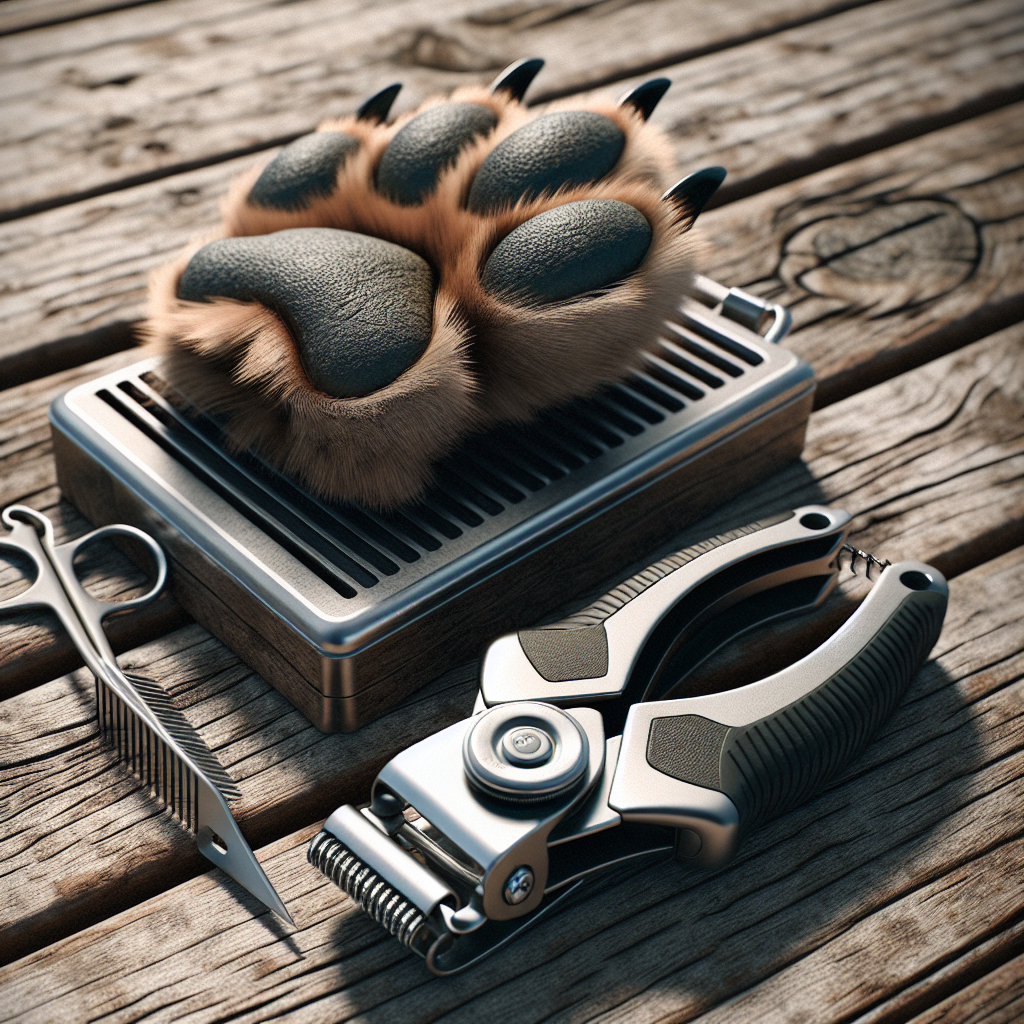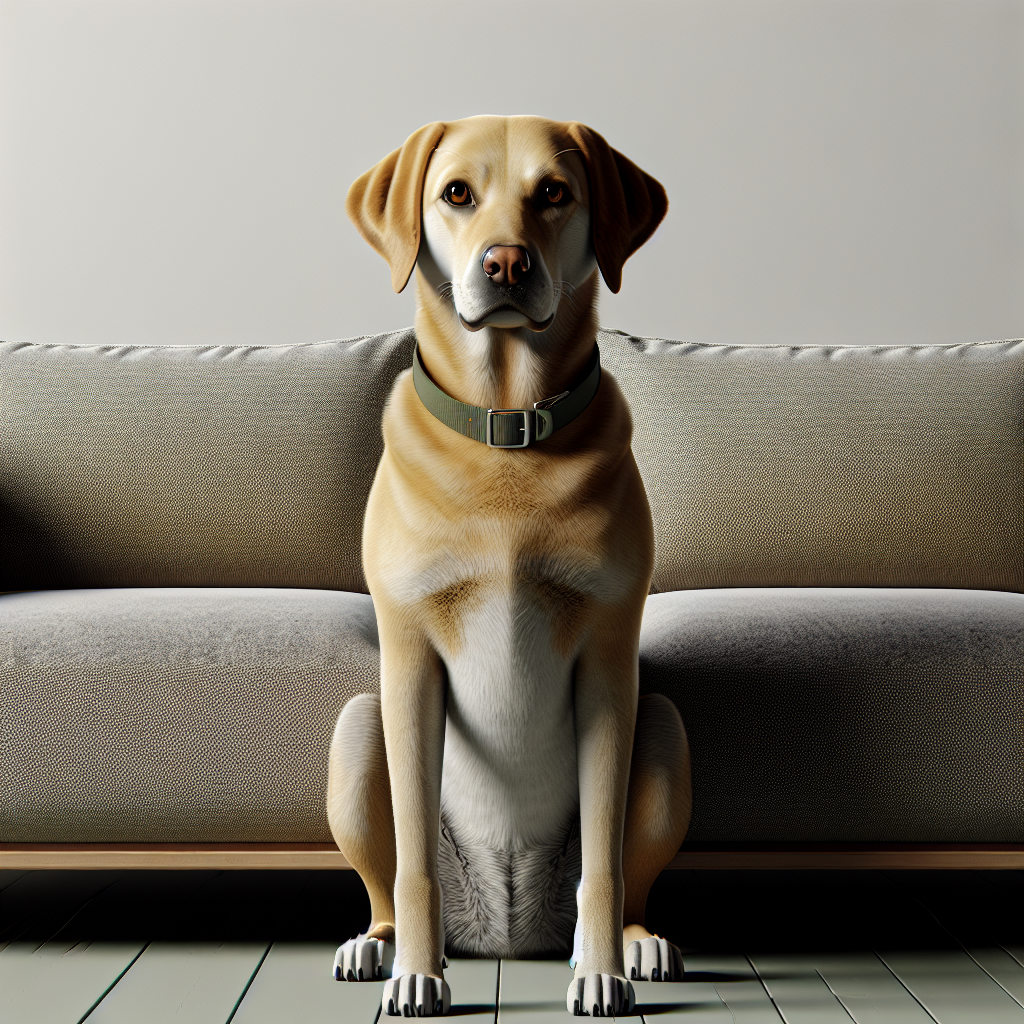Understanding and Alleviating Dog Car Anxiety
Is the thought of a car ride with your dog more stressful than soothing? For many of our furry friends, anxiety in the car is a real and distressing issue. Dog car anxiety, a common concern among pet owners, can cause our dogs to feel uneasy, stressed, and even physically ill. This article delves into why dogs get anxious in the car and offers practical solutions to make the journey smoother for both you and your pet.
Root Causes of Dog Car Anxiety
Identifying the underlying reasons behind dog car anxiety is the first step to addressing it. For some dogs, motion sickness is the main offender. This physical discomfort can trigger a fear of car rides, leading to avoidance behavior. Prior negative experiences, such as accidents or stressful vet visits, can also leave a lasting impact, making future car rides a source of dread.
Other factors contributing to dog car anxiety include fear of being trapped, unfamiliarity with the environment, sensitivity to car noises, or even feeling unstable during the ride. Understanding these triggers can help us tailor the right approach to soothe our canine companions.
Effective Strategies to Combat Dog Car Anxiety
To transform car rides from a source of stress to a pleasurable experience, consider the following tips:
- Gradual Acclimation: Slowly introduce your dog to the car in a neutral or positive context. Start with sitting in a stationary car and gradually progress to short, then longer drives.
- Positive Associations: Use treats, toys, and affection to create positive associations with the car for your dog. Reward calm behavior and progress.
- Comfort and Security: Ensure your dog has a safe, comfortable spot in the car. Consider a secure crate or harness, and bring along their favorite blanket or toy.
- Reduce Motion Sickness: If motion sickness in dogs is a concern, talk to your veterinarian about medication or natural remedies to alleviate symptoms.
- Address Specific Fears: If your dog is afraid of noises or feels unstable, try to minimize these triggers by choosing quieter routes or providing a stable, secure seat.
When to Seek Professional Help
If, despite your best efforts, your dog continues to experience severe anxiety during car rides, it may be time to seek advice from a professional. A veterinarian can rule out any underlying health issues contributing to their anxiety. Additionally, a professional dog trainer or behaviorist can work with your dog to develop a customized plan to address their fears.
Conclusion
Dog car anxiety can turn what should be an enjoyable adventure into a stressful ordeal. However, by understanding the root causes, such as motion sickness in dogs and previous negative experiences, and implementing the strategies outlined, you can help ease your pet’s anxiety. Remember, patience and consistency are key. With time and effort, you can help your dog overcome their fears and enjoy the ride.






